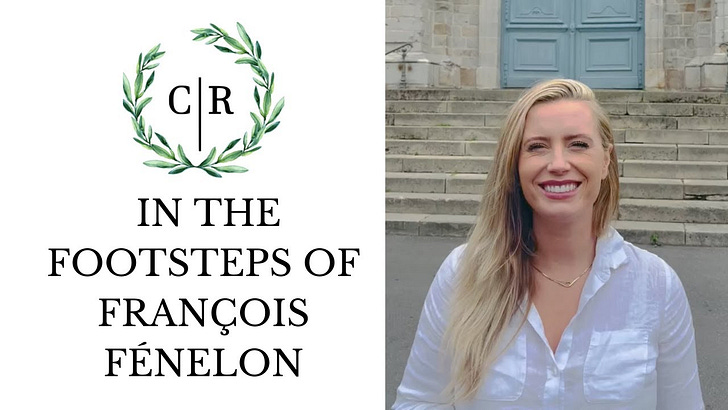On failure, success & how the Great Conversation can help us endure both: Lessons from François Fénelon
Reflections on the meaning of life—and what should we learn together next?
Keep reading with a 7-day free trial
Subscribe to Civic Renaissance with Alexandra Hudson to keep reading this post and get 7 days of free access to the full post archives.



